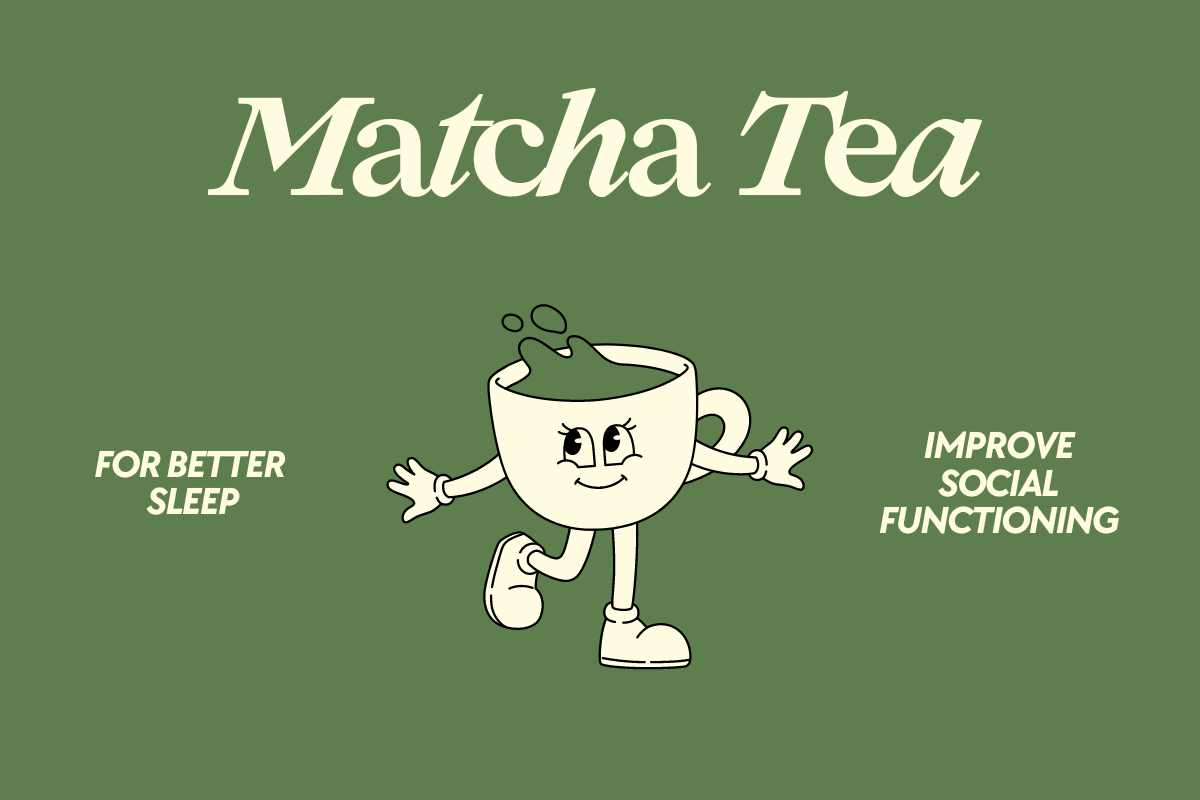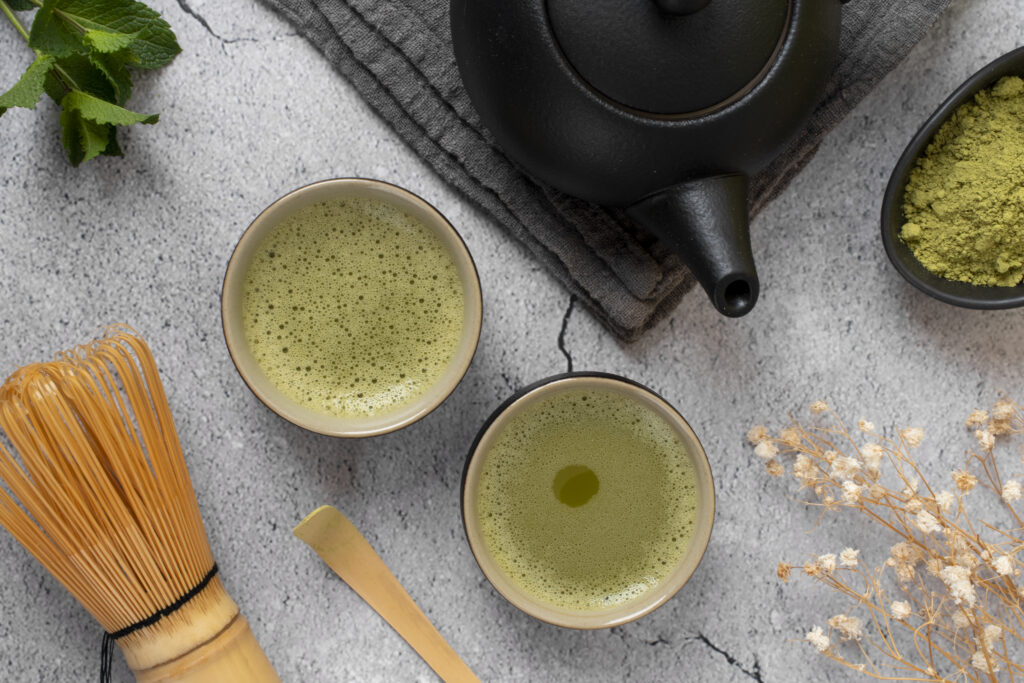Matcha Green Tea: A Promising Ally for Better Sleep and Social Functioning in Seniors

A recent study has revealed that matcha green tea may improve social functioning and sleep quality in older adults, offering a natural avenue to address cognitive decline. Conducted on individuals aged 74 and older, or younger with apolipoprotein E (APOE) genotype, indicative of dementia risk, the research explored the potential cognitive benefits of matcha consumption. Participants were randomly assigned to either a matcha or placebo group through a computer-generated system.
The study’s findings highlighted that the matcha group experienced significantly improved social acuity in neurocognitive domain scores. Although the overall cognitive functions remained unchanged compared to the placebo group, there was a noticeable trend toward enhanced sleep quality after 12 months of regular matcha consumption. Despite these promising results, experts assert that further research is necessary to fully understand matcha’s effects on cognitive function and sleep quality.
Matcha green tea, a powdered form traditionally consumed in Japan, is known for its high theanine content. The study found that 64 participants reported subjective cognitive decline, while 35 experienced mild cognitive impairment.
“Matcha appears to target specific cognitive domains, as broader cognitive tests showed no change,” said Clifford Segil, DO.
He further noted that the catechins in matcha might protect social cognition by reducing brain inflammation and encouraging new neural connections.
“The catechins in matcha may protect social cognition specifically by decreasing inflammation in the brain and stimulating new neural connections,” – Clifford Segil, DO.
Moreover, Segil suggested that theanine could contribute to improved sleep quality by acting similarly to caffeine when consumed early in the day.
“Theanine has not been shown to be a sleep aid, and my hypothesis would be that if this activating compound was taken early in the day, there could be rebound sleep at night like having coffee in the morning helps people wake up, be busy, and then sleep well at night,” he explained.

Dr. Waldo also emphasized the potential of matcha for cognitive health.
“As a physician focused on root cause medicine, I have found matcha green tea intriguing for supporting cognitive health. The high theanine content is likely key for the sleep benefits seen in this study. Theanine reduces anxiety and stress, allowing for deeper sleep — essential for memory and focus, especially as we age,” he commented.
Despite its small sample size and lack of participant diversity, the study offers valuable insights into matcha’s potential as a natural intervention for enhancing cognitive function and sleep quality in seniors. Experts agree that incorporating a daily green tea habit could be worthwhile.
Featured Image done on Canva





Leave a Reply